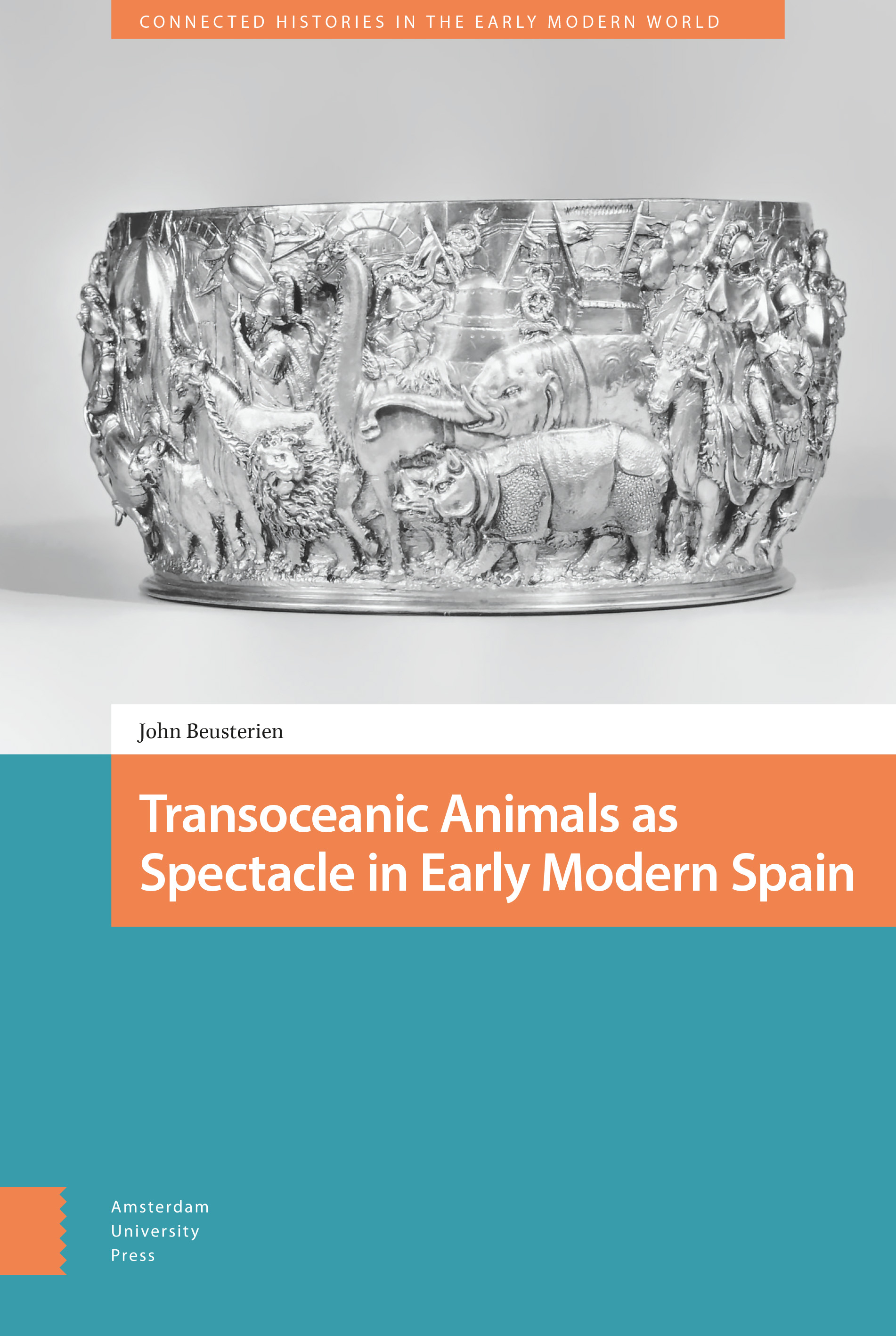Transoceanic Animals as Spectacle in Early Modern Spain

Book Description:
Animal spectacles are vital to a holistic appreciation of Spanish culture. In Transoceanic Animals as Spectacle in Early Modern Spain, Beusterien christens five previously unnamed animals, each of which was a protagonist in a spectacle: Abada, the rhinoceros; Hawa'i, the elephant; Fuleco, the armadillo; Jarama, the bull; and Maghreb, the lion. In presenting and analyzing their stories, Beusterien enriches our understanding of the role of animals in the development of commercial theater in Spain and in the modern bullfight. He also contributes to growing scholarly conversations on the importance of Spain in the history of science by examining how animal spectacles had profound repercussions on the emergence of the modern zoo and natural history museum. Combining scholarly content analysis and pedagogical sagacity, the book has a broad appeal for scholars of the early modern Spanish Empire, animal studies scholars, and secondary and postsecondary instructors looking for engaging exercises and information for their Spanish language, culture, and history students.

Author Bio:
John Beusterien is a Spanish professor at Texas Tech University and has published Transoceanic Animals as Spectacle in Early Modern Spain (Amsterdam UP, 2020), Canines in Cervantes and Velázquez: An Animal Studies Reading of Early Modern Spain (Routledge, 2013), and An Eye on Race: Perspectives from Theater in Imperial Spain (Bucknell UP, 2006). He has also co-edited Goodbye Eros: Recasting Forms and Norms of Love in the Age of Cervantes (U Toronto P, 2020), “Death and Afterlife: The Case of the Early Modern Hispanic World” (Hispanic Issues On Line, 2010), “Sustaining Ecocriticism: Comparative Perspectives” (Comparative Literature Studies, 2013), and “Touching the Ground: Female Footwear in the Early Modern Hispanic World” (Journal of Spanish Cultural Studies, 2013), which won the Collaborative Project Award from the Society for the Study of Early Modern Women.
Humanities Center
-
Address
Texas Tech University, 2508 15th Street, Weeks Hall 221, Lubbock, TX 79409-1002 -
Phone
806.742.3028 -
Email
humanitiescenter@ttu.edu
